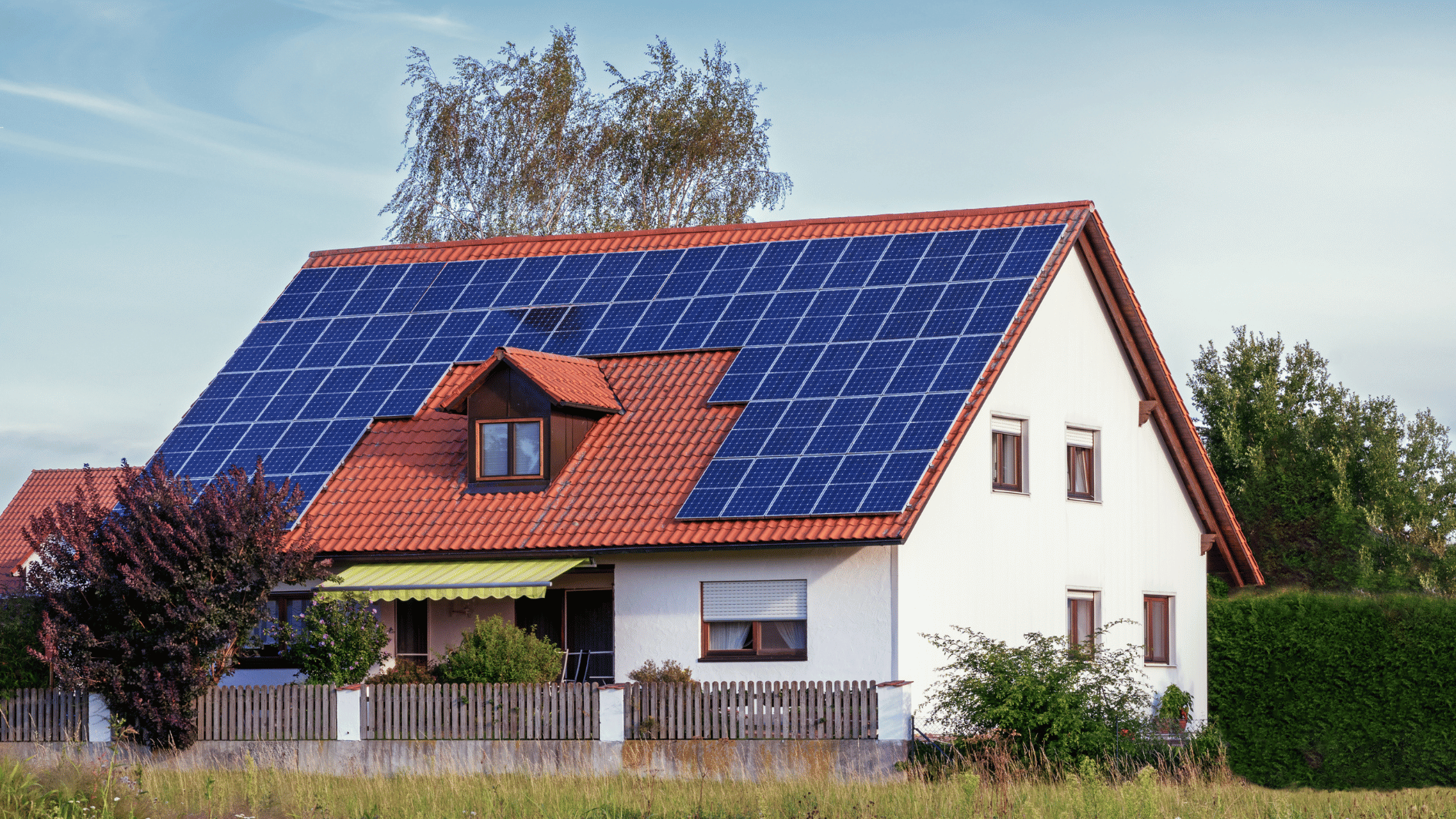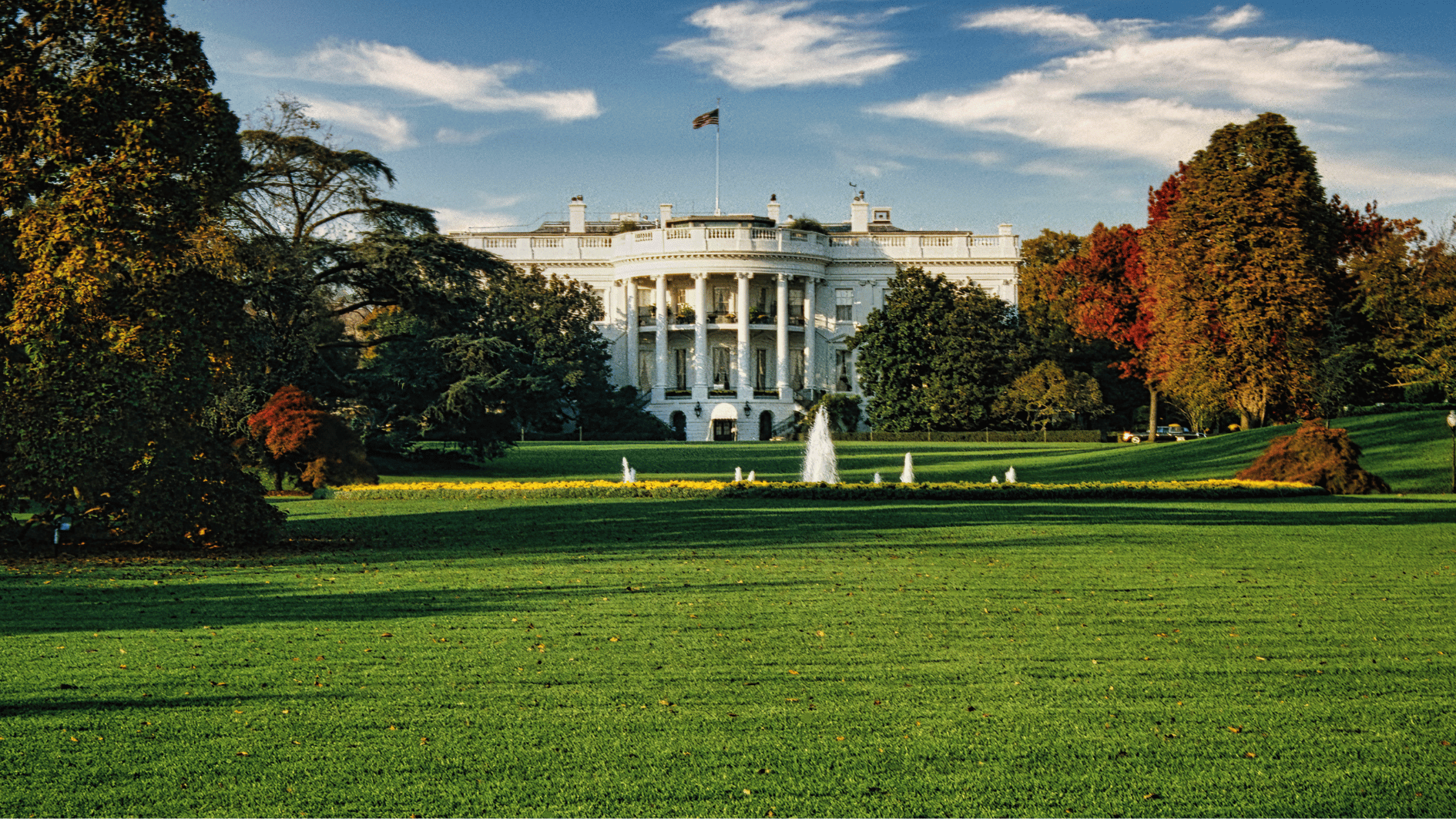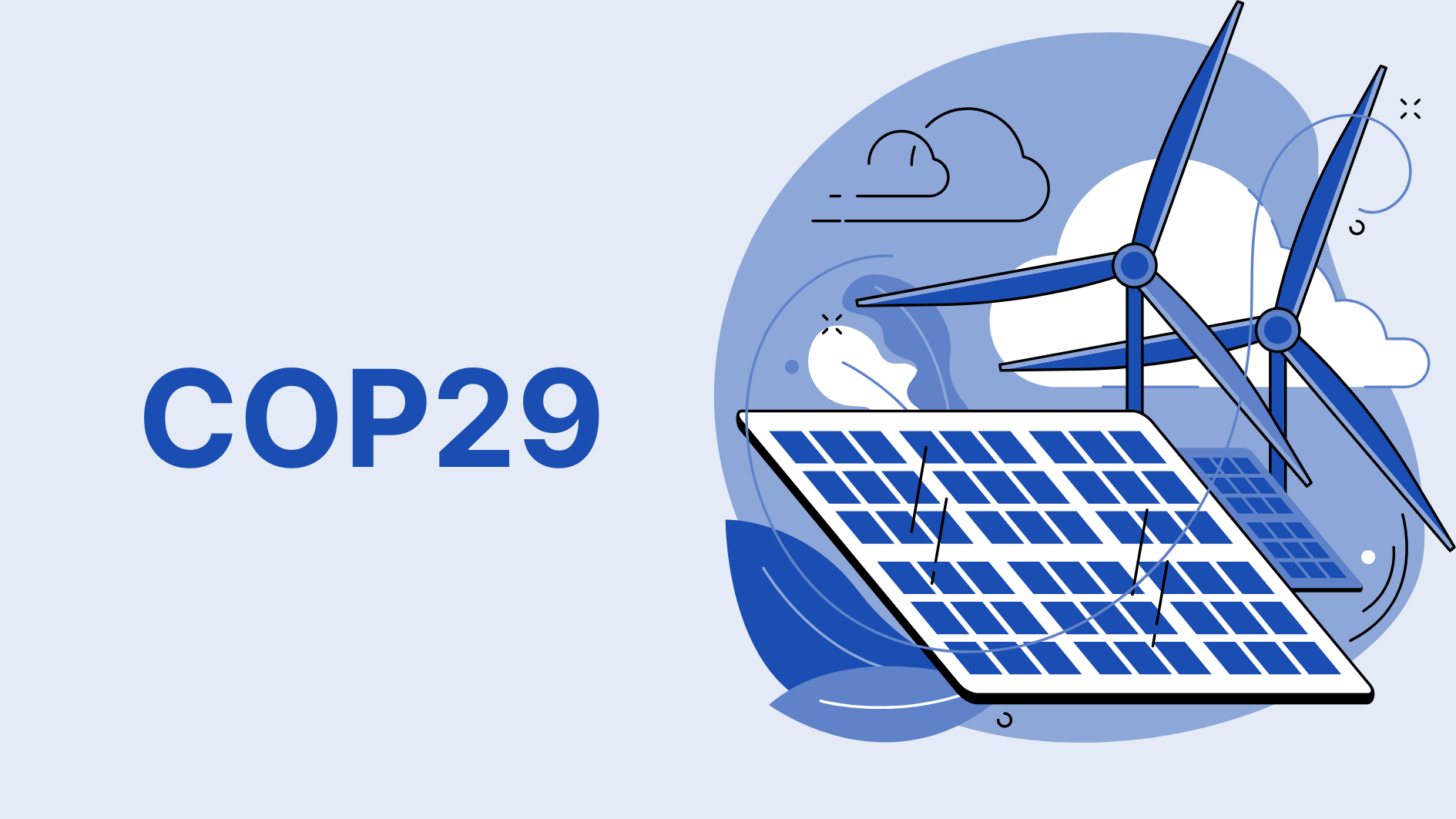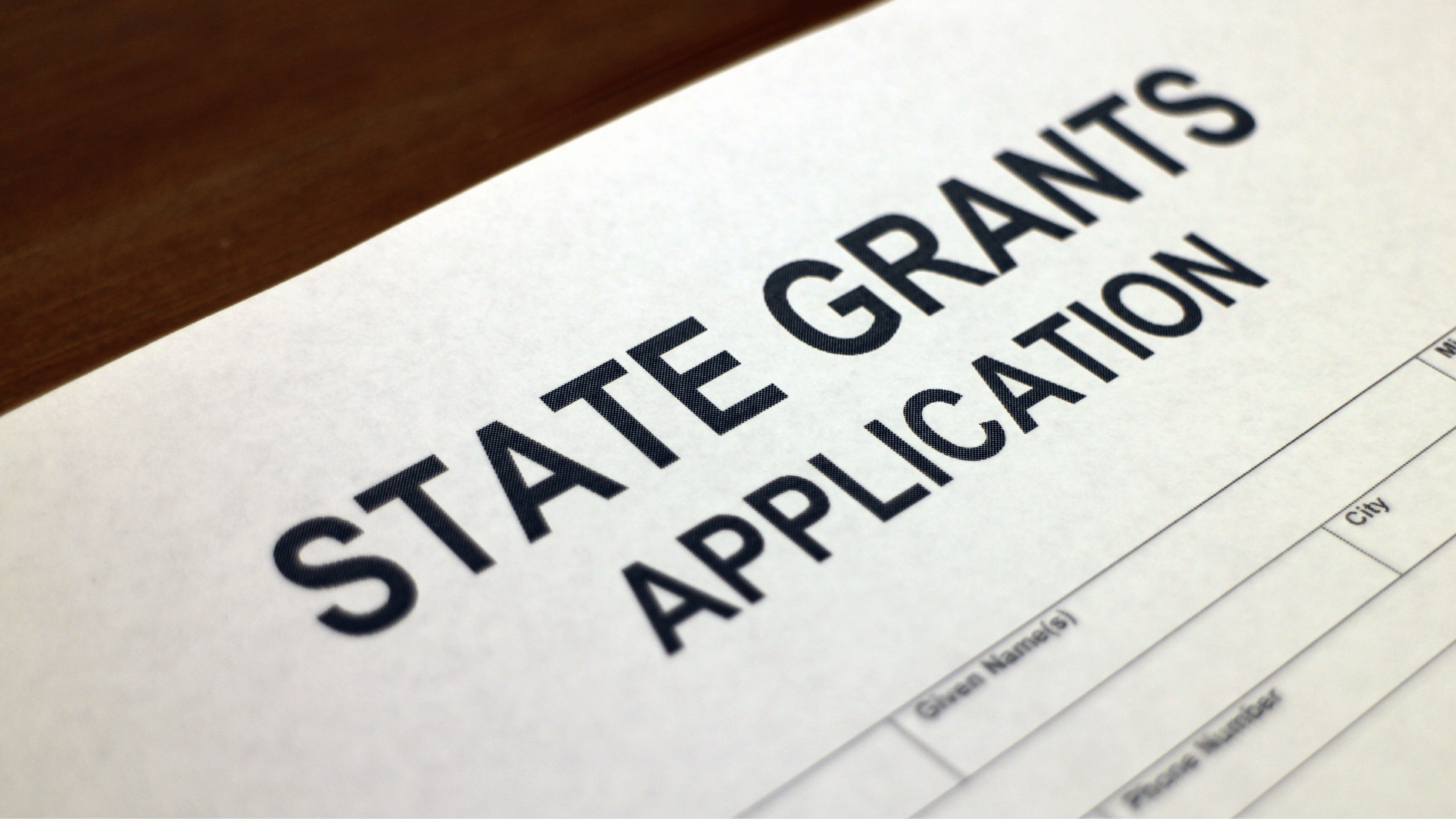Image source: Canva.com
The Biden-Harris Administration, through the Department of Energy’s Office of State and Community Energy Programs (SCEP), has announced nearly $28 million in funding for the Energy Auditor Training (EAT) Grant Program, supporting energy efficiency efforts nationwide. Part of the Investing in America agenda and funded by the Bipartisan Infrastructure Law (BIL), this first round of EAT funding will provide grants to 15 State Energy Offices (SEOs) and the American Samoa Territorial Energy Office (TEO). The initiative aims to strengthen the energy auditor workforce, offering tools to reduce energy consumption and improve efficiency for both residential and commercial buildings.
The program aligns with goals from both the BIL and the Inflation Reduction Act to build a sustainable energy future. Secretary of Energy Jennifer M. Granholm underscored the need for a skilled energy efficiency workforce, which is already over two million strong, to meet rising demands for energy-saving solutions. The EAT program supports states and territories as they invest in electrification and energy efficiency, aiming to reduce costs and burdens, particularly for disadvantaged communities.
As part of the Justice40 Initiative, EAT ensures that 40% of the benefits from federal investments in clean energy reach communities historically affected by underinvestment and pollution. Among the commercial sector recipients, the Georgia Environmental Finance Authority received nearly $2 million to form the Southeast Commercial Energy Auditor Collaborative Partnership, with support from other southeastern states. Hawai’i will use its $900,000 award to establish the Hawai’i Energy Auditor Training Program, addressing job access and economic mobility.
In the residential sector, American Samoa will use a $2 million grant to expand its local energy auditor workforce, while Illinois will develop a standardized training program focused on multifamily buildings and career paths for disadvantaged communities. Minnesota’s Department of Commerce will design a program specifically for tribal communities, offering trainees a range of supportive services. Additional funding will go to states like Massachusetts, Nevada, Louisiana, and Oregon to create training programs that enhance job quality, promote energy savings, and support the clean energy transition.

States reassess solar compensation amid disputes in Q3 2024
Source: SOLARQUARTER





